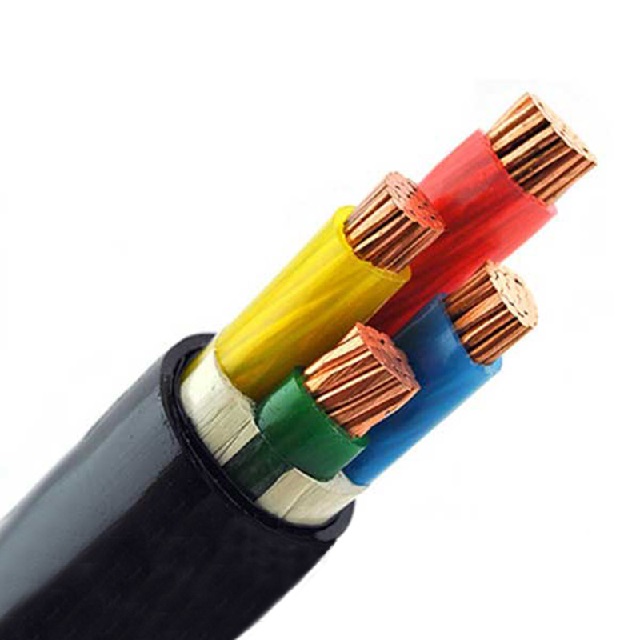
PVC Cable
PVC Cable (Polyvinyl chloride) is widely used in electrical cable construction for insulation, bedding and sheathing. These cables are manufactured for a voltage range of 1kV to 3.3kV for IEC and BS specifications. The copper conductors are of higher purity and conductivity is drawn and annealed to stringent specification
Cable with a PVC insulation or sheathing is flame retardant, which is an important consideration for electric cables in most applications. There are thermoset versions of PVC Cable which are cross-linked, typically with electron beam technology but they are more expensive to use and so when specified they are typically in high-spec applications in industries such as defence and automotive. The thermoset or cross-linked PVC has improved temperature resistance, is tougher, and has a better dielectric strength, which means that a thinner coating or insulation layer can be applied making the overall cable dimension smaller.
PVC Cable – Product Code (As Per IS:1554 Part-I)
| 1 | Max. Conductor Temperature for continuous operation | : 70°C |
| 2 | Ambient Air Temperature | : 40°C |
| 3 | Standard Ground Temperature | : 30°C |
| 4 | Thermal Resistivity of Soil | : 150°C Cm/Watt |
| 5 | Thermal Resistivity of PVC | : 650°C Cm/Watt |
| 6 | Depth of Laying (for Cables laid direct in ground) | : 75 CM |
| 7 | Types of Installation | |
| ||
